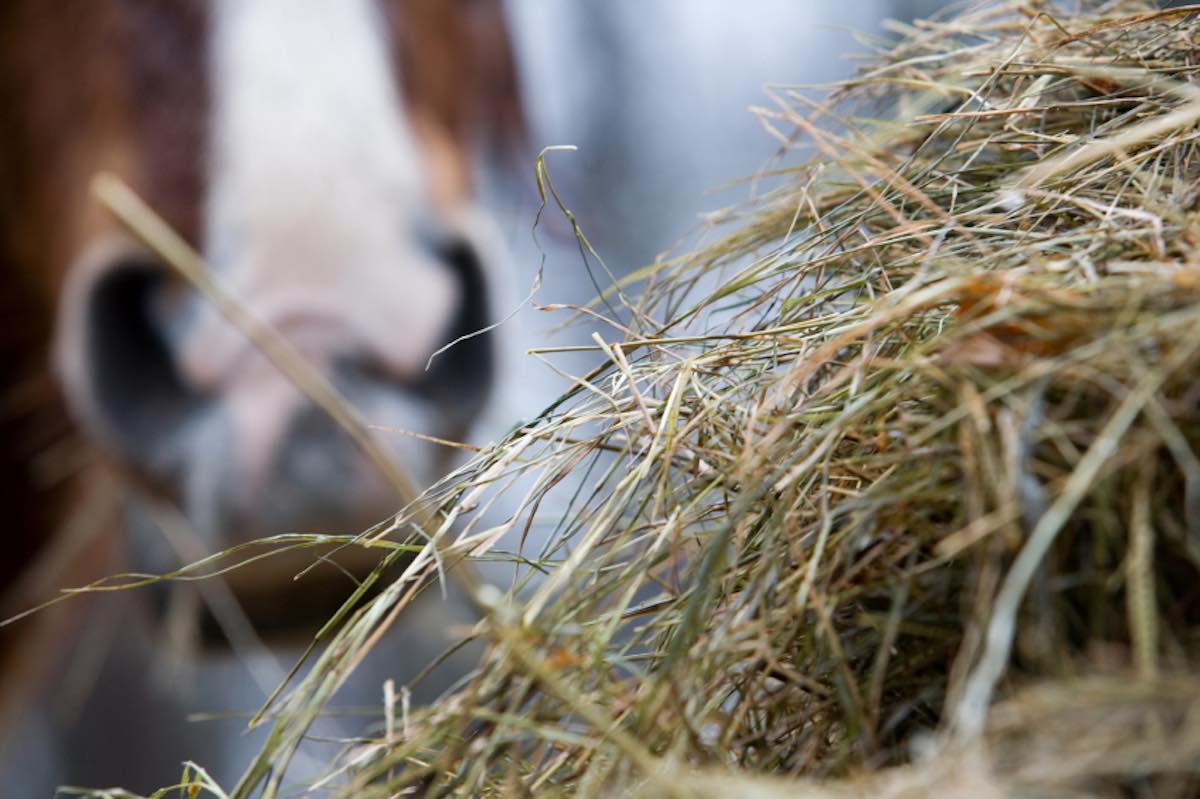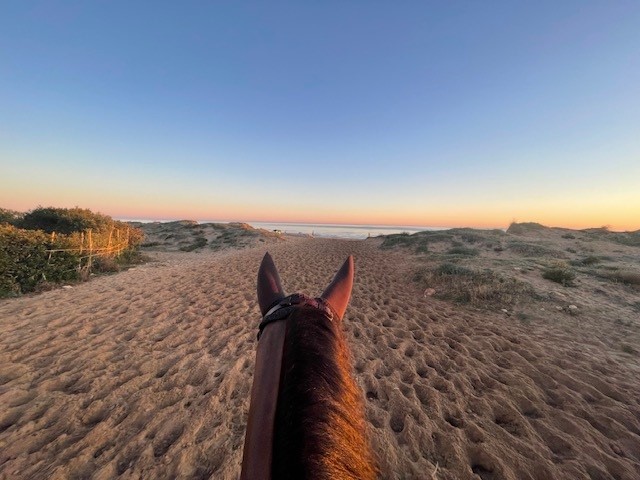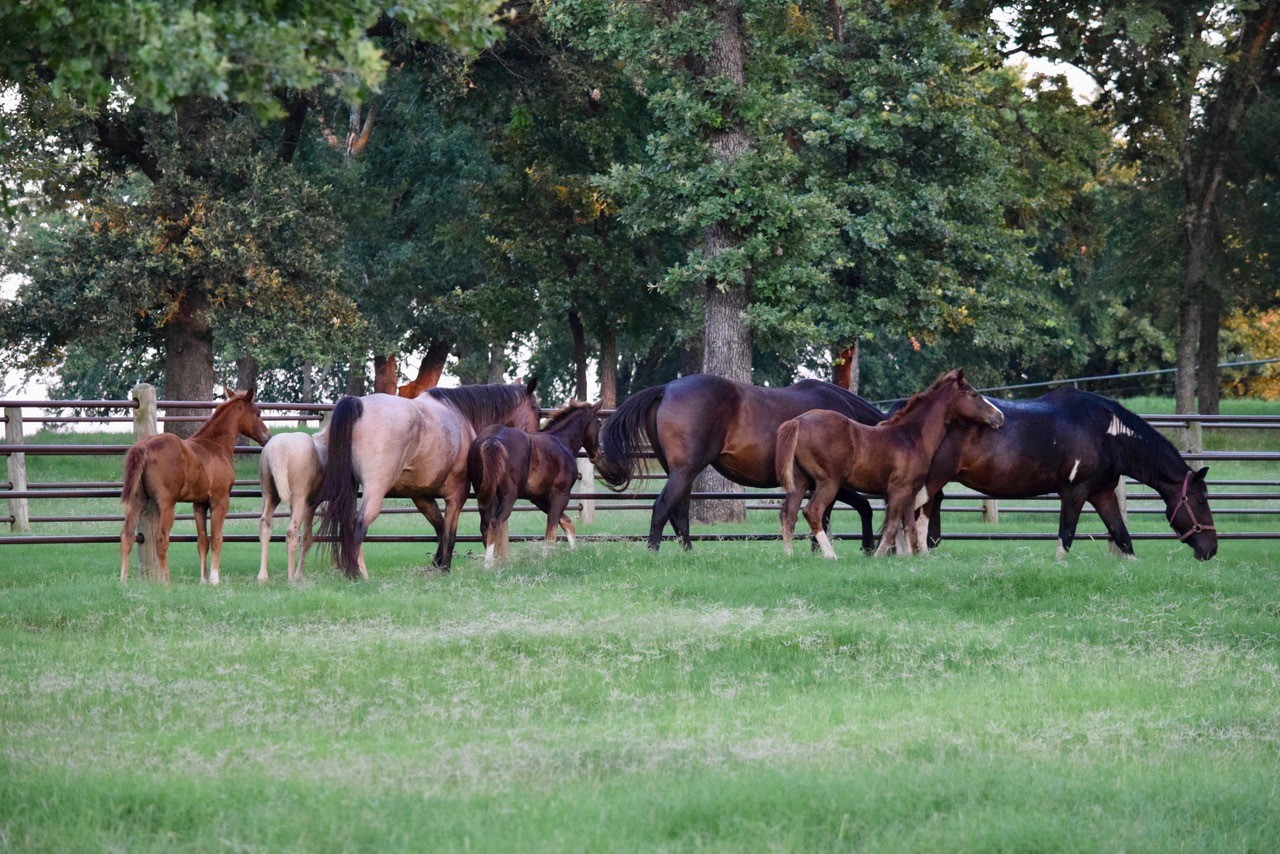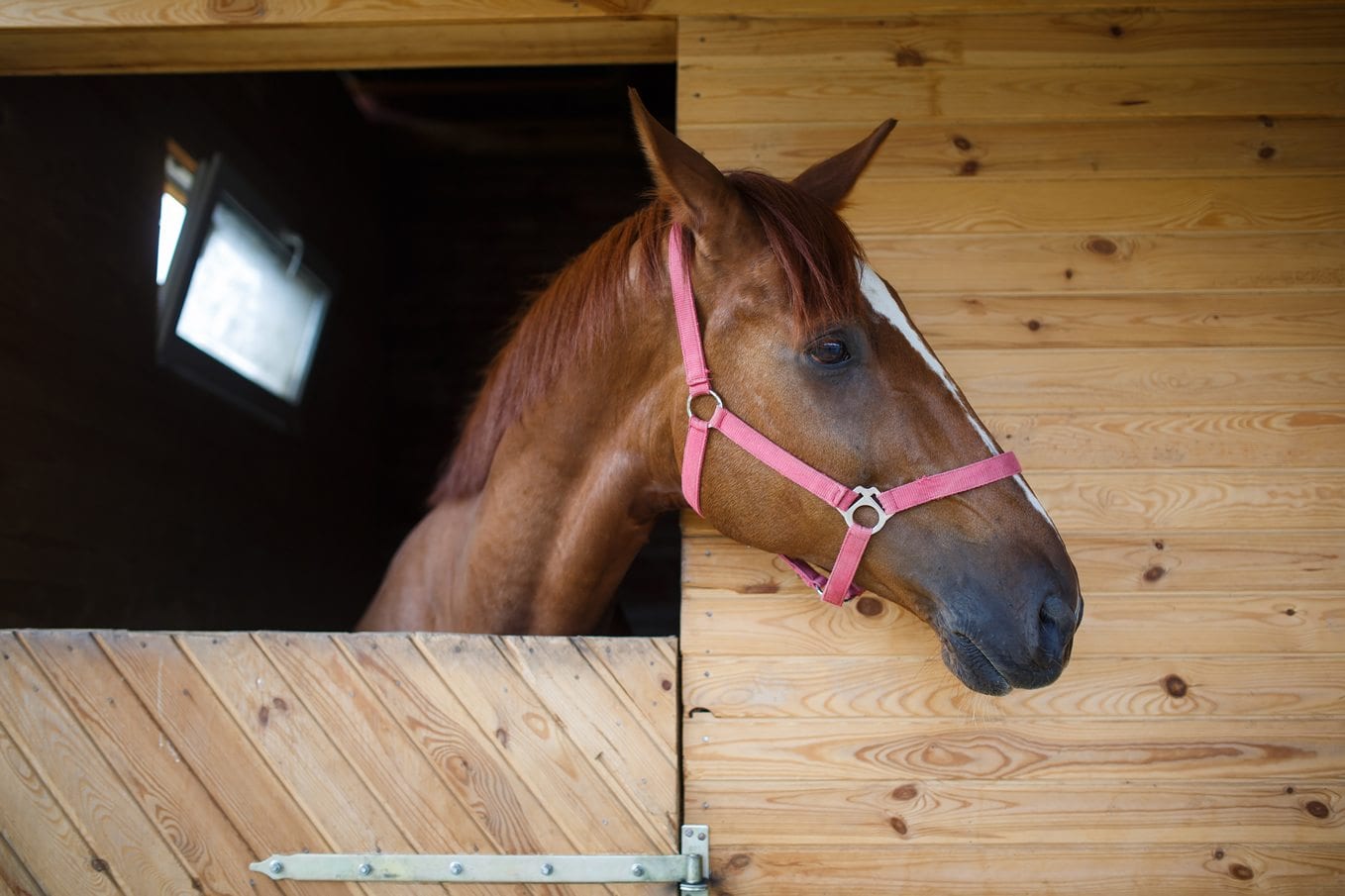As horse owners, trainers, breeders, and managers the most basic issue we address daily is what to feed our horses. There are countless types of hard feeds, hay and roughage out there to choose from, and everyone has an opinion on what and how much should be fed. When in active training, proper nutrition for horses is even more important.
This five-part series will take a closer look at the factors that influence nutrition for horses. It will also provide an outline for how to design a feeding program that is both appropriate and safe, based on your horse’s individual needs.
This series was reviewed separately by two independent experts. One is a board-certified veterinary nutritionist who wishes to remain anonymous. The other is Juliet M. Getty, Ph.D. an equine nutritionist, writer, consultant and speaker. Dr. Getty currently serves as a panelist of the Equine Sciences Academy and formerly as contributing nutrition editor for Horse Journal. [challenge]
Why Rethinking the Differences Between Your Horse’s Nutritional Needs vs. Today’s Feeding Norms is Important
A pasture that offers a variety of grasses, edible weeds, shrubs and flowers may look ugly, but can provide a non-working horse all of the nutrients he needs for a balanced diet. Most of the time, this horse probably won’t need much intervention to get a balanced diet that fits his needs. He’s living exactly how his ancestors lived, on a slow and steady forage diet that is appropriate for a horse’s digestive system and overall health. A performance horse is being asked to expend considerably more energy. We often try to compensate for greater energy needs by giving performance horses large amounts (more than 4 lbs. of dry weight) of hard-to-digest feed two or three times a day. And somewhere along the line, this feed practice became the norm for nearly all horses — whether they actually need the extra energy and nutrition or not. Here’s the problem: horses’ digestive systems aren’t designed to process grain feed, especially so much fed all at once. Grain feed (e.g.: oats, corn, barley, wheat, rice) contains higher levels of simple carbohydrates and starches that can be difficult for a horse’s GI tract to digest properly. This can modify the horse’s natural digestive balance, especially in the hindgut, which can affect the horse’s weight, condition, health and more. In turn, this can impact a horse’s behavior and ability to perform to his full potential.3 Factors for Evaluating Your Horse’s Actual Nutritional Needs
If your horse isn’t getting all of the available nutrients from his feed (or is dealing with poor digestive health), he’s probably not behaving or performing at his best. It can be hard to judge whether a horse is nutritionally sound or not — and if he’s not exhibiting obvious signs, you may think he’s just fine. But even if your horse appears outwardly to be in good health, it’s worth evaluating three main factors that influence every horse’s nutritional needs:- Horse-specific factors, or the horse’s specific age, breed, body type, discipline, activity level, and individual health needs
- Dietary factors, or the horse’s current diet and any specific nutrient requirements that aren’t being met, relative to his needs
- Feeding-management factors, including the frequency, timing, location and method of feeding.
Up Next: Part 2: Horse Factors that Influence Nutritional Needs
We’ll look at how a horse’s body type, usage, levels and types of training, and other individual factors can affect his nutritional needs in the second post of this series. Be sure to subscribe to the SUCCEED blog so you don’t miss any part of this series. And remember that the first step in implementing a new feeding regime is to start with a healthy digestive system. SUCCEED is appropriate in supporting digestive health for horses of all ages, conditions and life stages, making it part of any program you implement.This series was reviewed separately by two independent experts. One is a board-certified veterinary nutritionist who wishes to remain anonymous. The other is Juliet M. Getty, Ph.D. an equine nutritionist, writer, consultant and speaker. Dr. Getty currently serves as a panelist of the Equine Sciences Academy and formerly as contributing nutrition editor for Horse Journal. [challenge]




